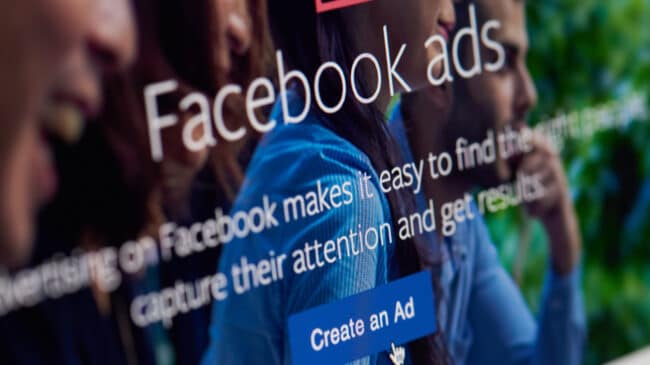A Florida proposal to grant citizens a “digital bill of rights” has been marketed by proponents as empowering consumers. In reality, it is full of heavy-handed regulations that would make the internet less friendly for consumers and do damage to Florida’s small businesses.
Senate Bill 262 contains a set of policies only seen in heavy-handed regulatory regimes like Europe’s General Data Protection Regulations (GDPR) and the California Consumer Privacy Act (CCPA). The bill establishes certain “rights,” like the right to access personal information stored by sites and platforms, the right to delete, and the right to opt out of targeted advertising altogether.
Opting out of targeted advertising may feel like a “right,” but for some websites and platforms, the ability to target advertising to their users is a primary source of its revenue and how they have been able to remain free to users. Thus, this attempt to give consumers more control of data ultimately also controls how online businesses can make money. After the passage of GDPR in 2018, which established similarly strict rules, Facebook CEO Mark Zuckerberg stated there would always be a free “version” of Facebook for users, implying that there may someday be another paid version. If Facebook needs to split into free and paid versions to make revenue, it would disrupt a major online communications platform for a lot of people and hurt many of the small businesses that currently advertise there, keeping them from reaching potential customers.
While Florida’s bill is intended to target large social media sites earning more than $1 billion in revenue per year, it would also hurt many of the advertisers on those same sites, including startups and family-owned businesses. Advertising on social media is popular because it is where potential customers are active. It allows advertisers to target potential customers based on their interests. Consumers actually see relevant ads for products they like, and advertisers have a cost-effective method of finding customers. Florida’s bill would do tremendous damage to businesses trying to connect to customers on these platforms if they cannot use targeted advertising.
Consumers do not need Florida’s government to manage their privacy online. Facebook and Instagram already offer ways for consumers to manage how they see ads. Web browsers like Google’s Chrome offer built-in ways of managing your cookies as you surf the web. Apple has become an industry leader in the way it uses its hardware and software combination to track how cookies are used and gives its users deep control over what data is shared. While consumers may not always be aware, they have many choices to manage their online presence without governments taking action.
While data privacy is an important issue in the digital era, the oppressive and complicated regulations of GDPR have not been shown to benefit users and consumers in Europe. Survey data shows that users in the GDPR territory find the internet much more difficult to navigate than users in the rest of the world, and the number of new apps entering the market has been reduced by 50%. Florida is sure to follow the same fate if they adopt similar regulations.
